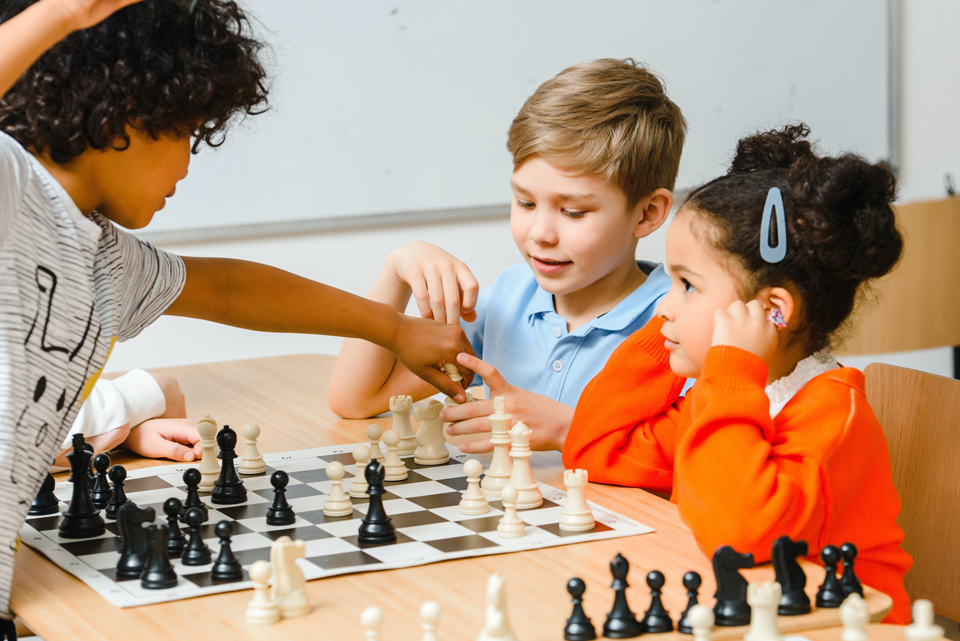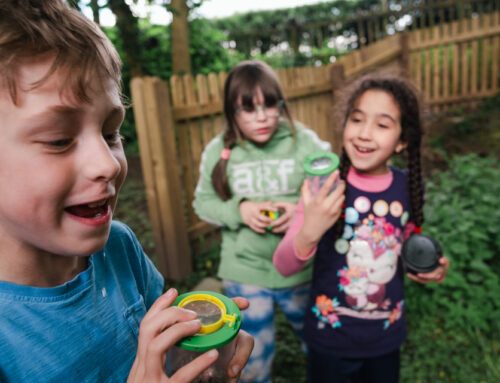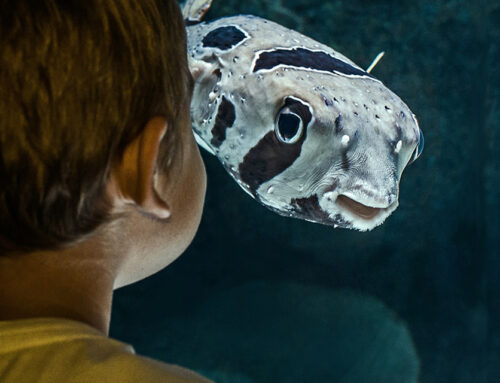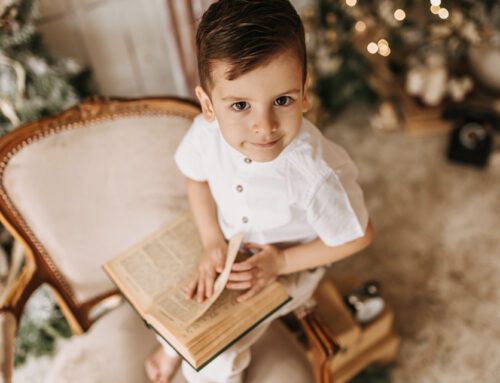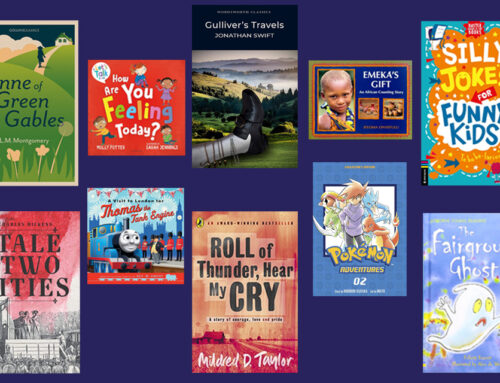When it comes to friendships, children aren’t really that different to us as adults; they are more likely to be drawn towards those with whom they find a common connection.
That connection could be in any area, such as a similar hobby, shared sense of humour or drive to be physically active. For example, as adults, we probably have one friend we talk to about fashion or football, another we take to parties and someone else entirely as a gym buddy. In the same way, our children may choose a favourite friend for discussions about chimpanzees or chess, another to meet for a play date and someone else entirely as a sporting teammate.
For children with high learning potential, finding other young people who share the same interests (and at the same level) can take a little longer. Talking about chimpanzees or chess can mean literally that – and in great detail. Play dates can involve activity sessions at the local library, visiting a museum or building a technical Minecraft creation over the internet. It can be a challenge to find a playmate for a child who has seemingly limitless energy combined with being a stickler for the rules. Any of these things can put pressure on a budding friendship with the ‘child next door’, who may well not share the same passions.
Weaving through all of this, there also seems to be an unhelpful social expectation that a child will be happiest when they find their one ‘best friend’. But what if we reject that notion and welcome the possibility that it’s actually healthier for a child – particularly a high potential learner – to find a different buddy for different areas, in the same way that we do as adults?
To help them do this, yes, we are likely to need to go slightly out of our way – but it is eminently achievable. For example, children with high learning potential may get on better with older children; those who are able to reason or discuss things at a more advanced level than peers. Mixing like this may not happen within a school day; however, it is relatively easy to find clubs (even linked to the school) that are based on common interests rather than age. While chess often proves a favourite, there is a range of options, such as martial arts, music clubs, author session, craft activity day, holiday ‘fun science’ camp or Brownies, Guides, Beavers or Scouts.
When looking within your child’s age group, find the one other individual in the class or home education network who is also interested in, for example, museums or animals. Arrange a related day out, then encourage them to ‘hang out’ together sharing themed books or going online (supervised) to research facts or explore virtual museum or zoo collections. When they are back home separately, oversee texts, phone conversations or video calls to support the growing friendship. Focused activity days are likely to be run by many organisations and libraries, too, where you can meet like-minded peers. Minecraft, origami, Harry Potter, the periodic table, nature trails and, of course, chess can be popular themes to look out for and try to integrate.
In terms of physical activities and sports, finding a match for a child with high intellectual ability may bring unexpected challenges on an interpersonal level. Due to asynchronous development, (being in advance of their peers in some areas, yet lagging behind in others), their social skills may be an area needing sensitive support. Help them to prepare for the practical and social ‘game rules’ in advance. Explain that other friends or players may have different opinions and that it is important sometimes to ‘meet in the middle’, so that everybody can have fun and get their turn. Encourage them to share items, relax some rules and communicate in calm ways that others understand. Overexcitable and active, it can be hard for your child to adjust the level of emotion and energy that they express.
Alongside choosing to have older friends, many high ability young people also (or instead) enjoy a semi-formal link with a younger child, (such as someone starting in Reception at school or joining a club), as a form of mentor or buddy. Although not a conventional friendship format, these connections have been known to endure into young adulthood, when age gaps appear to close and it becomes a more even friendship.
Similarly, close friendships form at unique events like Potential Plus UK’s Big Family / Big Activity Weekends, where children with high learning potential meet and really ‘click’ over their shared passion for exploration and learning. These friendships can last for decades. Other events run by Potential Plus UK build links between like-minded families (https://community.potentialplusuk.org/events/event_list.asp). Additionally, courses and events offered by organisations such as Tomorrow’s Achievers (https://www.tomorrowsachievers.co.uk/) or GIFT (www.giftcourses.co.uk) are great at introducing like-minded young people.
Outside of these unusual environments, children with high learning potential can be at risk of becoming isolated. However, if we remember that they just need to find these special individuals, we are a long way to helping them. So often it is not that they can’t make friends, it’s just that they need to be in the right environment to naturally find others similar to themselves. Then strong and lasting bonds form all by themselves.
Friendship Support from Potential Plus UK
- Social Interaction and Children with High Learning Potential: a group of resources at https://potentialplusuk.org/index.php/common-difficulties/social-interaction/
- Blog: Friendships: Why Don’t I Fit In? https://potentialplusuk.org/index.php/2018/11/20/friendships-why-dont-i-fit-in/
- Parent Advice Sheet: Friendships and High Learning Potential https://potentialplusuk.org/index.php/product/pa603-friendships-and-high-learning-potential-children/
- Asynchronous Development https://potentialplusuk.org/index.php/characteristics/asynchronous-development/ and, at a younger age, Blog: Aargh They’re Asynchronous! https://potentialplusuk.org/index.php/2018/08/22/aargh-theyre-asynchronous/
- Blog: Bullying due to high ability https://potentialplusuk.org/index.php/2021/03/18/bullying-and-high-learning-potential/
- Blog: Building Empathy https://potentialplusuk.org/index.php/2019/05/21/building-empathy/

About the author: Gillie Ithell is a writer, editor and adviser for Potential Plus UK with a B.A. in Modern Languages & Communication and further qualifications in mental health. Having worked internationally as content manager of classic board games and ‘edutainment’ software, Gillie now writes to inspire others like herself; on a daily journey with High Learning Potential.

